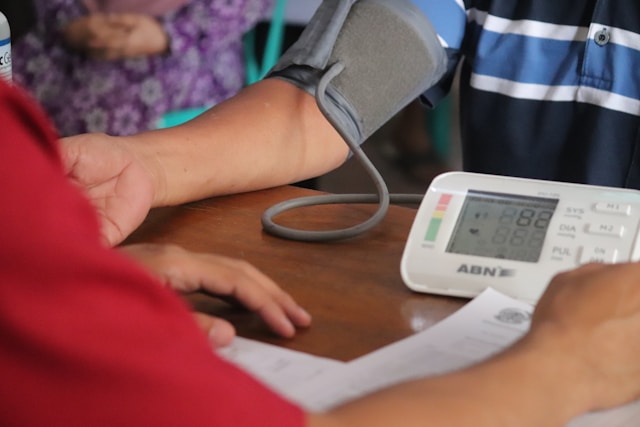Back
Oct 21, 2022
Tackling work-related stress

Gabriella Florence | Sports Scientist
Work-related stress arises when the pressure associated with your job becomes too difficult to manage. Factors such as work hours, job insecurity, conflicts, and heavy workloads contribute to work-related stress. Most jobs entail stress at one point or another, but prolonged or excessive stress can diminish your productivity through increased absenteeism and presenteeism (the act of continuing to work when you’re sick or unable to perform). Stressed workers are more likely to be emotional, withdrawn, agitated, and make more frequent human errors.
The effects of stress also venture beyond your office and can negatively influence your physical and mental health and relationships. While no one is immune to experiencing stress, there are some do’s and don’ts to help you cope.
As a team leader, minimise stress by assessing the 6 Management Standards:
Demands: set reasonable deadlines for tasks to be completed and avoid overloading team members with demands.
Control: ensure that your team members understand the extent to which they have control in carrying out their tasks.
Support: encourage, mentor, and praise your team and provide the resources required for their tasks.
Relationships: promote professional and positive work relationships and create a plan to deal with potential conflict.
Role: delegate tasks to your team members and ensure they fully understand their role(s).
Change: communicate all workplace changes that will occur or have occurred to your team.
As a team member, try the following to reduce stress:
Consider the source(s) of your stress. If this is something you can control, create an action plan.
Organise your to-do list. This will help you prioritise your responsibilities and prepare for what lies ahead.
Discuss your concerns with your employer, team leader, or the head of human resources.
Confide in close friends and family so that they are aware of your situation. They can also offer you support and advice.
Look after your health by eating a balanced diet, exercising regularly, and practising mindfulness.
Don’t turn to alcohol, drugs, or smoking. These habits are likely to worsen your stress levels in the long run.
Consult a psychologist or career counsellor if the stress extends beyond your workplace.
Although work-related stress can’t always be avoided, it certainly should not be ignored. It is best to address your feelings of stress sooner rather than later.












